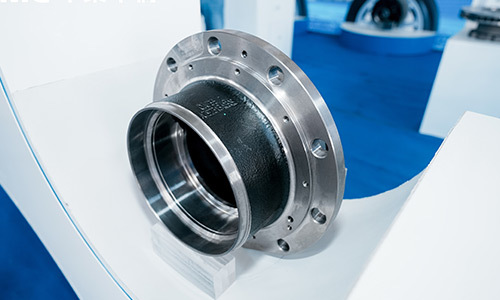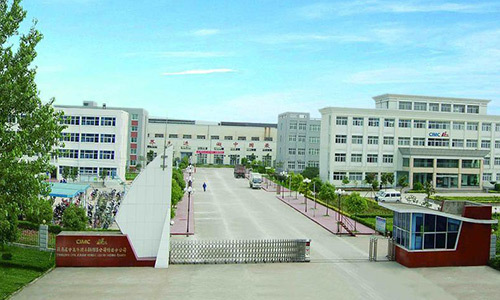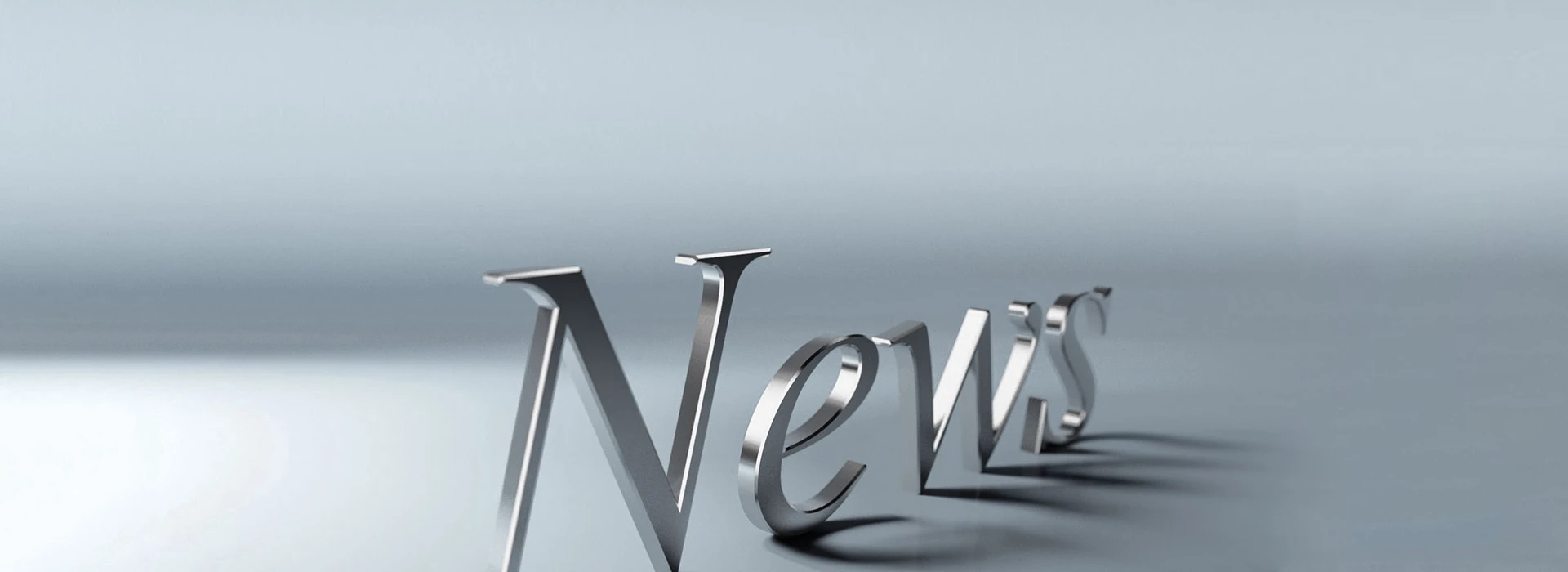Understanding Induction Hardening for Differential Cases
Jul 22,2025
Induction hardening is a heat treatment process that significantly enhances the mechanical properties of critical components, particularly in automotive and motorcycle applications. When it comes to differential cases, which play a crucial role in transmitting torque and allowing for smooth turns, induction hardening can be particularly advantageous. This article will explain the induction hardening process, its benefits, and its relevance to differential cases.
The process of induction hardening involves heating the surface of a metal component to a specific temperature through electromagnetic induction, followed by rapid cooling, typically with water or oil. This rapid cooling transforms the microstructure of the material, increasing hardness and wear resistance. In the case of differential cases, which endure substantial stress and friction during vehicle operation, induction hardening can significantly extend their service life.
One of the primary benefits of induction hardening for differential cases is improved wear resistance. The treated surface can withstand the harsh conditions within the differential assembly, where metal components constantly interact under high load conditions. This is particularly crucial for off-road vehicles or performance racing applications, where the differential must manage increased torque and varying terrain.
Another advantage is the reduction of distortion during the heat treatment process. Unlike traditional hardening methods that can cause significant warping, induction hardening is localized and quick, allowing for better dimensional control. This is essential for differential cases, where precise measurements are necessary to ensure proper fit and function within the vehicle's drivetrain.
Furthermore, induction hardening can also improve fatigue resistance. The process not only hardens the surface but can also improve the overall toughness of the differential case, enabling it to endure repeated stress cycles without failure. This is particularly important given the dynamic loads experienced during vehicle operation, where components are subject to constant changes in stress and strain.
In summary, induction hardening is a vital process for enhancing the durability and performance of differential cases in the automotive and motorcycle industries. By increasing wear resistance, reducing distortion, and improving fatigue resistance, this technique ensures that differential components can withstand the rigors of driving conditions. As vehicles continue to evolve, incorporating advanced manufacturing techniques like induction hardening will be key to developing reliable and high-performing drivetrain systems.
The process of induction hardening involves heating the surface of a metal component to a specific temperature through electromagnetic induction, followed by rapid cooling, typically with water or oil. This rapid cooling transforms the microstructure of the material, increasing hardness and wear resistance. In the case of differential cases, which endure substantial stress and friction during vehicle operation, induction hardening can significantly extend their service life.
One of the primary benefits of induction hardening for differential cases is improved wear resistance. The treated surface can withstand the harsh conditions within the differential assembly, where metal components constantly interact under high load conditions. This is particularly crucial for off-road vehicles or performance racing applications, where the differential must manage increased torque and varying terrain.
Another advantage is the reduction of distortion during the heat treatment process. Unlike traditional hardening methods that can cause significant warping, induction hardening is localized and quick, allowing for better dimensional control. This is essential for differential cases, where precise measurements are necessary to ensure proper fit and function within the vehicle's drivetrain.
Furthermore, induction hardening can also improve fatigue resistance. The process not only hardens the surface but can also improve the overall toughness of the differential case, enabling it to endure repeated stress cycles without failure. This is particularly important given the dynamic loads experienced during vehicle operation, where components are subject to constant changes in stress and strain.
In summary, induction hardening is a vital process for enhancing the durability and performance of differential cases in the automotive and motorcycle industries. By increasing wear resistance, reducing distortion, and improving fatigue resistance, this technique ensures that differential components can withstand the rigors of driving conditions. As vehicles continue to evolve, incorporating advanced manufacturing techniques like induction hardening will be key to developing reliable and high-performing drivetrain systems.
PREVIOUS:
Contact Us
E-mail:
Whatsapp:
Address:
West Section of Xuesong Road, Zhumadian City, Henan Province, China
News Update












